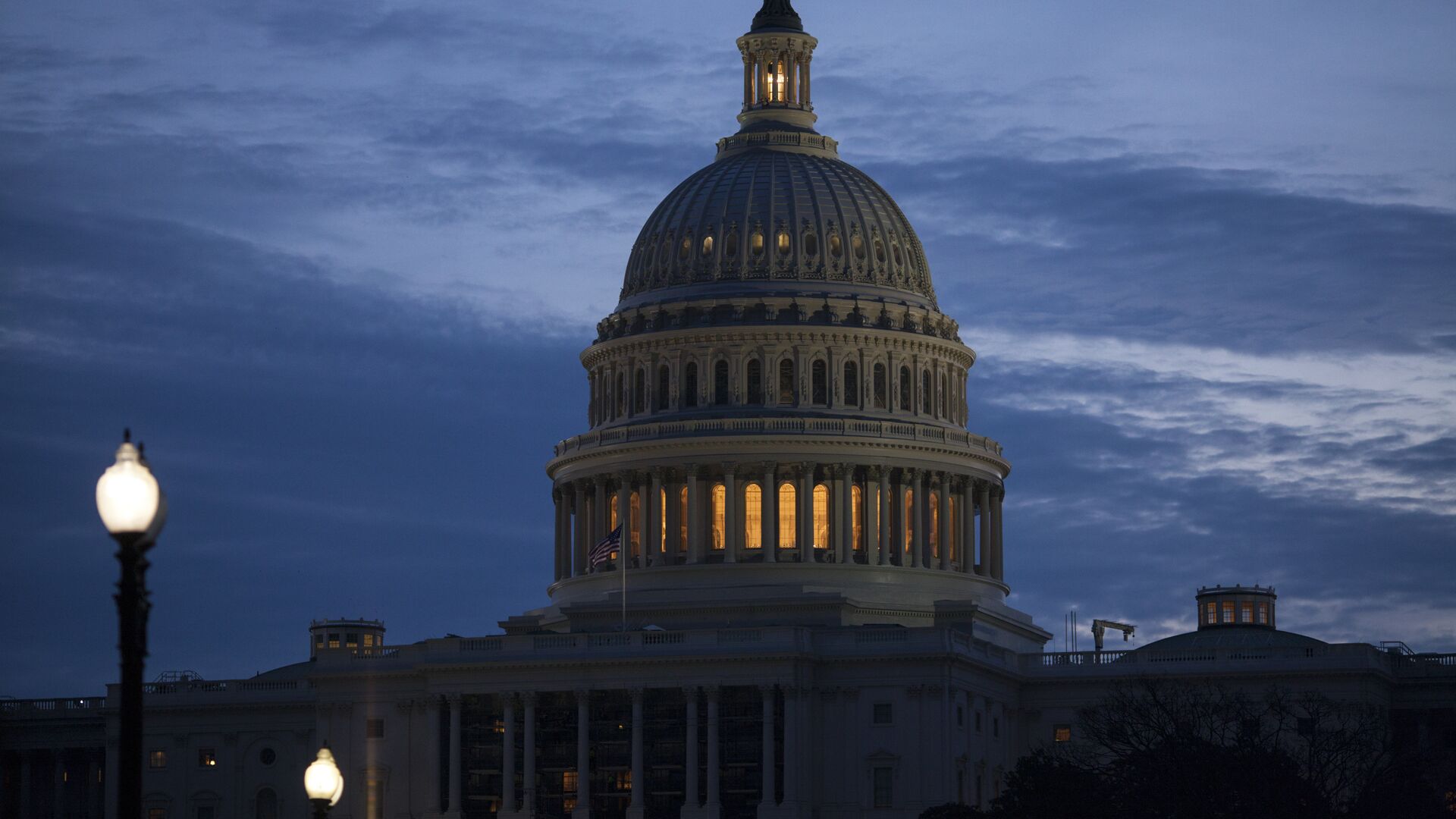Senate Advances $740 Billion Pentagon Budget After Schumer Drops Merger With Anti-China Bill
20:44 GMT 18.11.2021 (Updated: 13:26 GMT 06.08.2022)

© AP Photo / J. Scott Applewhite
Subscribe
The Senate is now poised to consider the massive Pentagon budget bill for 2022 after Senate Majority Leader Chuck Schumer (D-NY), who leads Democrats in the legislature’s upper house, abandoned an attempt to unilaterally merge the bill with a stalled bill on industrial competition with China.
By a vote of 84-15, the National Defense Authorization Act (NDAA) was advanced to a full floor discussion on Wednesday evening, marking the end of a complex and controversial process of proposing amendments.
“While there are many areas of agreement on these legislative proposals between the two chambers, there are still a number of important unresolved issues,” Schumer said in a joint statement with his House counterpart, Speaker Nancy Pelosi (D-CA), adding that both chambers “will immediately begin a bipartisan process of reconciling the two chambers’ legislative proposals so that we can deliver a final piece of legislation to the president’s desk as soon as possible.”
According to Politico, the NDAA was due to be advanced on Wednesday morning, but voting was held up for most of the day as Schumer attempted to force the inclusion of a pet project of his, the US Innovation and Competition Act (USICA), which the Senate passed in March, but the House has stalled in committee debates. The bill would set aside $110 billion for tech research to compete with China’s burgeoning tech sector, half of which would go toward addressing the ongoing microchip shortage.
Republicans by and large opposed merging the two bills, and Schumer only relented when he reached an agreement with Pelosi to prioritize resolving their differences over the USICA with a special conference committee.
The Senate’s timeline is tight: the upper chamber was hoping to vote on the massive defense bill before leaving for the Thanksgiving holiday on Monday, which begins a weeklong period during which Americans typically travel great distances to spend time and feast with family. However, it’s not just debating the bill itself that needs to happen, but the many proposed amendments - of which there were some 945 as of Thursday afternoon.
All of them won’t get a vote of course, but some of the more sweeping and contentious ones are likely to, including a proposal to revoke the 2002 Authorization for Use of Military Force Against Iraq; an amendment that would remove the requirement that women register for the draft; a proposal to reduce the US nuclear stockpile and head off development of new nuclear weapons systems begun under former US President Donald Trump; and a proposal to allow sale of the advanced F-35 jet to NATO ally Greece, according to Air Force Magazine.
The US’ annual defense budget, which does not include its nuclear weapons, which fall under the Department of Energy’s purview, is by far the world’s largest. According to the Stockholm International Peace Research Institute (SIPRI), the US accounted for 39% of the world’s total military expenditure in 2020, having increased for the third year in a row.
In 2020, the US spent $778 billion on its military, which was more than three times the next-highest spender, China, which shelled out just $252 billion for its military.


